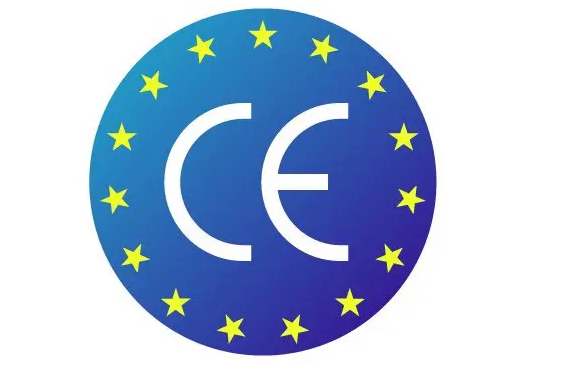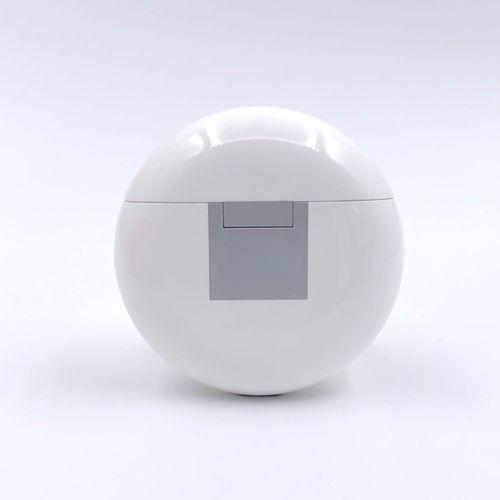On April 20, 2021, the European Union published the (EU) Regulation 2021/647 in its official gazette, updating the RoHS Annex III exemption list, adding the 45th exemption, this update is about the electric detonation of civil (professional) explosives Exemption of lead and hexavalent chromium in the device. The revised directive will take effect on the twentieth day after the date of publication in the Official Journal of the European Union.
The new exemption clauses are as follows:

The EU RoHS directive (2011/65/EU) requires member states to ensure that electrical and electronic equipment (EEE) placed on the market does not contain hazardous substances listed in Annex II of the directive. This restriction does not apply to certain exemptions listed in Annex III of the Directive.
On January 19, 2018, the European Commission received an application for exemption. The initiator requested an exemption from the use of lead and hexavalent chromium compounds in explosive initiators for civil (professional) use. Certain lead and hexavalent chromium compounds are used in the main components of electrical and electronic detonators (EEI), such as electric fuze heads, main detonator components, and blast delay components. EEI is a part of electrical and electronic detonators, mainly used for mining, construction and demolition activities, as well as an integral part of the rescue system.
At present, there is no substitute for lead azide, lead stilbate, lead picroinate, lead orange (trilead tetroxide), lead peroxide, barium chromate and other products used in EEI to ensure EEI Safe operation. Due to the lack of substitutes, it is not scientifically and technically feasible to replace or eliminate the above-mentioned lead and hexavalent chromium compounds in certain EEI components.
Therefore, it is necessary to add this exemption for category 11 electrical and electronic equipment involved in Annex III of the RoHS directive. The first item of Article 5(2) of the RoHS Directive, the exemption applied for is valid for 5 years, starting from April 20, 2021, and expires on April 20, 2026.
The RoHS directive covers a wide range of products, covering almost all electronics, electrical appliances, medical, communications, toys, security information and other products. It includes not only the complete product, but also the parts, raw materials and packaging used in the production of the complete machine. , Is related to the entire production chain.
Reminder:
If the RoHS exemption expires and no company applies for renewal, the relevant electronic and electrical products must compulsorily meet the relevant limit requirements. ZRLK hereby reminds the electronic and electrical companies to pay close attention to the revision status of the RoHS directive, reasonably arrange production plans and material substitution matters, and avoid The compliance status of the product is affected by the expiration of the exemption.












